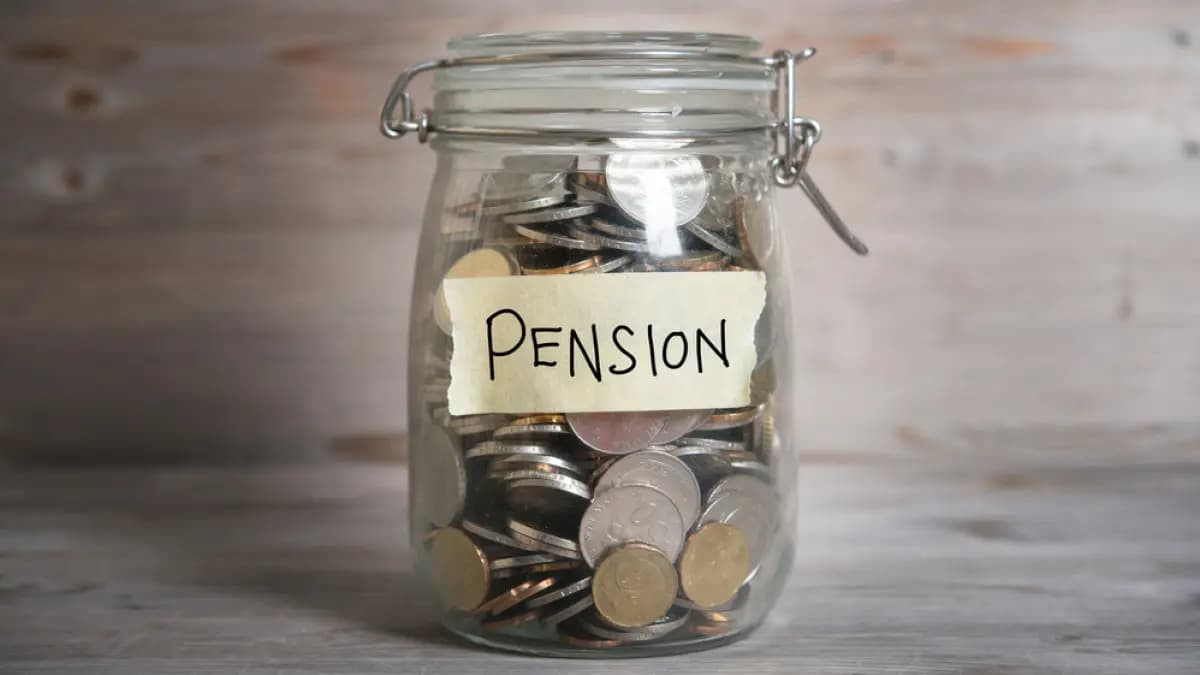All Indian residents can invest in non-convertible debentures (NCDs), and non-resident Indians can also invest up to the limit prescribed under the Foreign Exchange Management Act (FEMA), 1999, the Reserve Bank of India (RBI) announced in its master direction on January 3, 2023. Should Senior Citizens Invest In NCDs is always a question that comes up in people’s minds.
RBI issued the directions for NCDs and commercial papers (CPs) with an original or initial maturity of up to one year.
While commercial papers are unsecured instruments issued by companies, NCDs are secured instruments. Senior citizens and individuals who avoid taking risks and prefer investing in debt instruments providing stable returns can explore NCDs for investment if their risk appetite permits.
Under the RBI’s guidelines, these instruments will be issued in dematerialized form, and the minimum investment will be Rs 5 lakh and in multiples of Rs 5 lakh, thereafter. For NCDs, the tenure will not be less than 90 days or more than one year. These will not be issued with the call/put option.
The directions further read that the NCDs can be issued at a discount or at a fixed or floating coupon rate. The minimum rating to issue NCDs is stipulated as ‘A3’, and the settlement period for payment to the issuer and issue of NCDs to the investor is set as T+4, (the date of trade plus four working days).
The issuer is required to disclose the purpose of using the funds in its offer document. These directions will be effective from April 1, 2024, according to the circular.
While all these directions related to NCDs are based on market feedback, are such fixed-income instruments a right fit for senior citizens? Let’s explore.
Non-Convertible Debentures (NCDs)
An NCD is a debt product of a company that cannot be converted into the company’s stocks or equity. One can invest in them in a lump sum for a given period at a given rate of interest. As NCDs are fixed-income securities issued by companies, these can be secured (where the company assets are used as collateral), and unsecured (without any collateral). Usually, they provide a higher rate of interest compared to convertible debentures.
How Useful Are NCDs To Senior Citizens?
Seniors may explore them for the various benefits they offer. These include,
Liquidity: NCDs are liquid money. As they are kept in the dematerialized format, they can be traded in the secondary market in case one needs the money before maturity.
No TDS: Unlike a fixed deposit, there is no tax deducted at source (TDS) on the interest earned on NCDs under Section 193 of the Income-tax Act, 1961. So, if kept till maturity, the interest earned on NCDs is added to the income and treated as ‘income from other source’ for taxation purposes. But if it is sold before maturity in the secondary market, the gains will be treated under capital gains.
Credit Rating: As they have to have a minimum credit rating, they are comparatively secure.
Secured NCDs: Secured NCDs have company assets as collateral, and in case of insolvency, such NCD holders get preference in getting their money back over other stakeholders.
However, these instruments also have a risk element of interest rate volatility. As they provide traceability on the stock exchange, if one wants to sell them before maturity, the prevailing rate of interest in the market may affect the price. If the interest rate is high, the NCD value would decrease.
Should Seniors Consider Investing In NCDs?
Priyadarshini Mulye, a Sebi-registered investment advisor, and certified financial planner, says it is useful for senior citizens as it is one of the investment options that can give them a ‘fixed payout’ as per the respective rate of interest applicable for a chosen period.
“For a medium-term investment, NCDs can be suitable. However, they can also explore the senior citizens savings scheme (SCSS), post office time deposits, post office monthly income scheme (MIS), and bank fixed deposits (FDs) as these are safer, provide periodic interest payouts, and are for medium-term investment periods.”
However, the interest rate offered on the small savings schemes may not be as high as those on NCDs. In that case, she suggests, senior citizens should study the details of the NCD, its credit ratings, company financials and whether the NCDs issued are secured or unsecured.
“They can consider suitable diversification through NCDs but should not put the entire investment corpus in them. It’s always important to know the basics about the investment option. So, check its suitability to your goals, risk appetite & tenure,” she says.
While bank FDs are simple products with a wider in-person reach with banks’ strong presence with their branch network, seniors who like in-person interaction, usually prefer to invest in bank FDs for their regular income (monthly, quarterly, etc.) needs and easy liquidity. Nevertheless, they can check other debt instruments, such as NCDs too to get comparatively better returns and for diversification in their debt portfolio.
While many senior citizens prefer investing in bank FDs due to their simplicity and reach, NCDs may be an additional investment avenue in the debt category they can use to diversify their debt portfolio.




